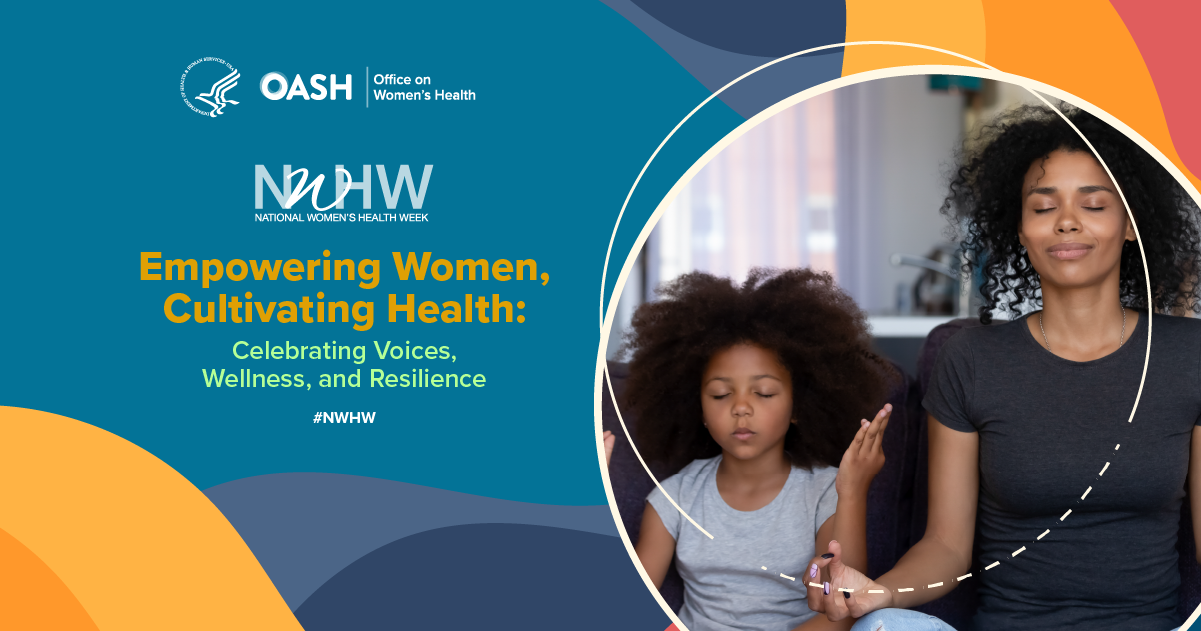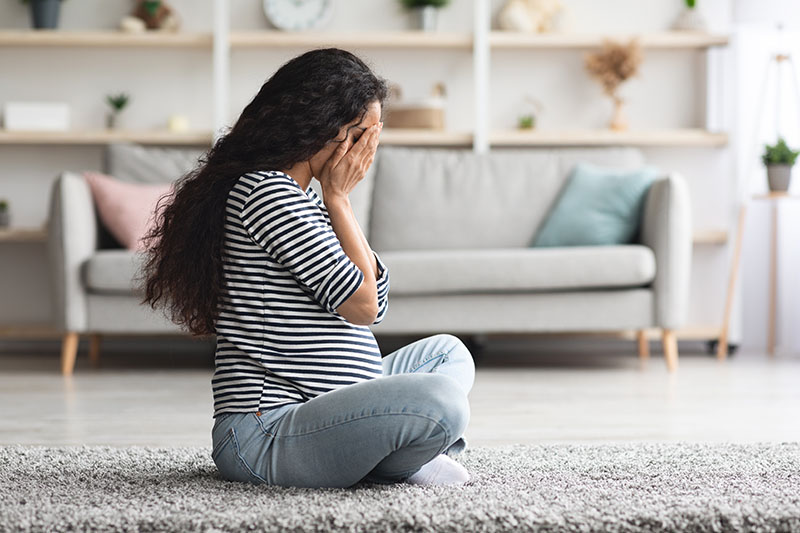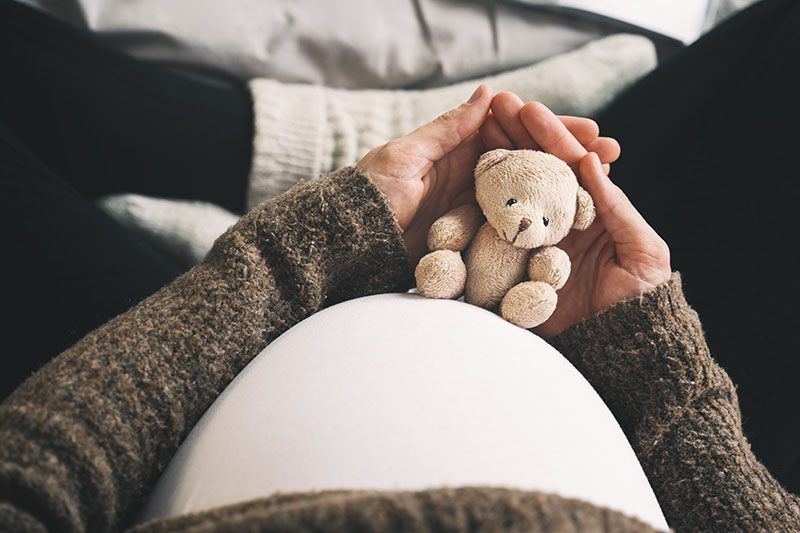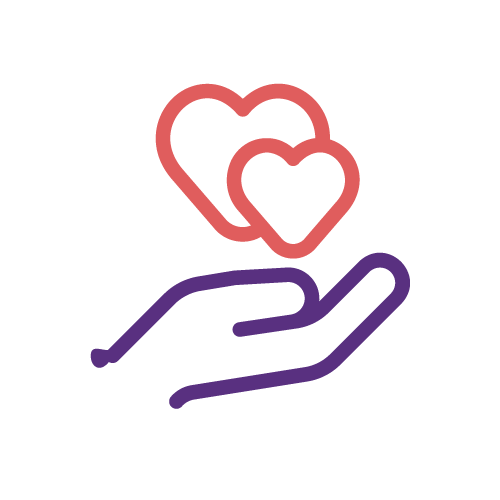Day 3 - May 14: Shining a Light on Maternal Mental Health

Did you know that around 1 in 5 women experience mental health issues during pregnancy or in the first year after giving birth? Although so many women experience these issues, many go without proper treatment and support for several reasons. Women may be scared to speak out about their struggles for fear of judgment, many healthcare providers do not routinely screen for mental health conditions in pregnant women and new parents, and many people find it difficult to get a referral or access proper services for treatment.
The good news is more and more people are sharing their experiences with mental health during and after pregnancy, and accessible resources for women and families are available now more than ever.

What do Maternal Mental Health Issues Look Like?
- Struggling with Mental Health During Pregnancy: For those managing a mental health condition during pregnancy, the feelings may be very intense. Some women feel very sad, angry, withdrawn, or hopeless during this time, which is not typical for them.
- Continued Struggles After the Baby Arrives: These feelings are more intense than what some people call the “baby blues” and last longer. The strong feelings of sadness, anxiety, and overwhelm can make it hard for women to take care of themselves or their new baby and/or other children.
- Changes in Typical Activities: People struggling with mental health issues after having a baby may withdraw from friends and family, lose interest, joy, or pleasure in the things they used to enjoy, or may sleep or eat more or less than usual.
- Rare, but Serious, Concerns: Some women experience more concerning symptoms like thoughts of harming themselves or the baby or may feel a deep sense of hopelessness. In rare cases, some women may hear or see things that aren’t there or feel very confused. Any of these signs could indicate a serious issue and a need for immediate health care provider support.
Learn more and hear from women with lived experience in our video, “Maternal Mental Health: Know the Signs. Reach Out for Help” .
Help is Available
Mental Health is Always Important
Support and treatment for mental health are just as important as physical health. Mental health challenges when you’re pregnant or after having a baby doesn’t mean you’re a bad parent. It is always okay to ask for the help you need. With support and treatment, recovery is possible.
If you or someone you know is struggling, don’t wait. Help is just a call or click away.

Call or text the National Maternal Mental Health Hotline at 1-833-TLC-MAMA (1-833-852-6262).
Resources to Learn More
- Depression During and After Pregnancy - Centers for Disease Control and Prevention
- Hear Her campaign - Centers for Disease Control and Prevention
- Maternal Health Matters - U.S. Food & Drug Administration’s Office of Women’s Health
- Moms’ Mental Health Matters Initiative – Eunice Kennedy Shriver National Institute of Child Health and Human Development
- National Maternal Mental Health Hotline - Health Resources and Services Administration
- Perinatal Depression - NIH National Institute of Mental Health
- Postpartum Depression FAQs - The American College of Obstetricians and Gynecologists
- Postpartum Support International
- Talking Postpartum Depression campaign - Office on Women's Health







